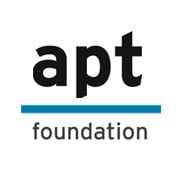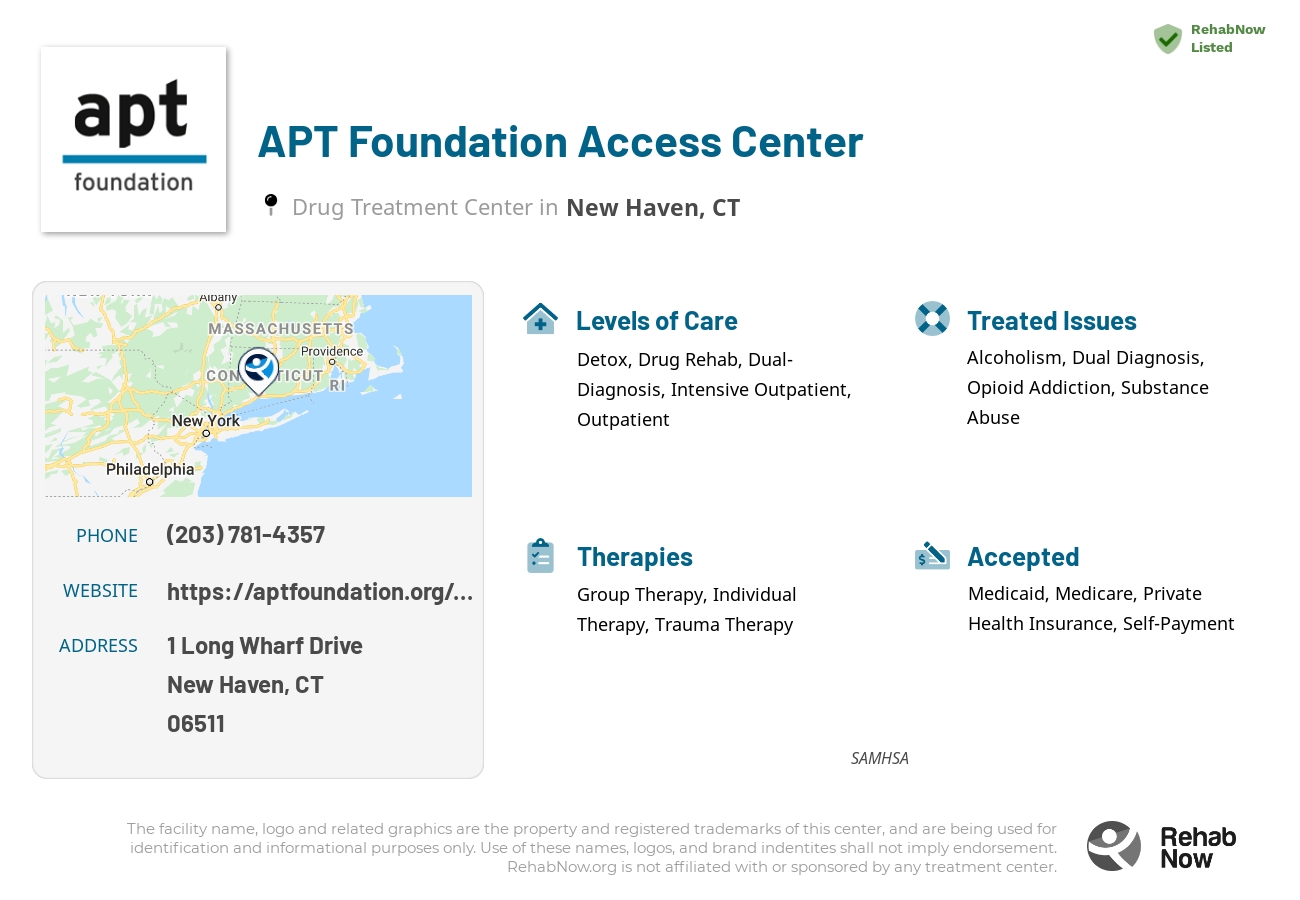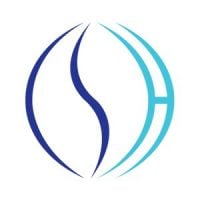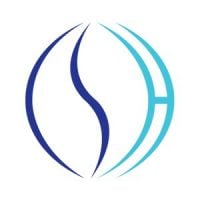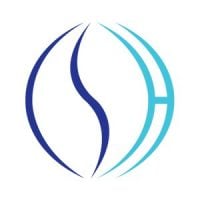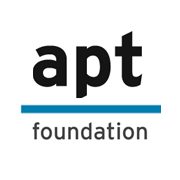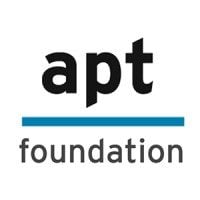APT Foundation Access Center
Drug Rehab Center in New Haven, Connecticut
The APT Foundation Access Center is a SAMHSA-accredited drug rehab center in Connecticut providing comprehensive levels of care including detox, drug rehab, dual-diagnosis, and intensive outpatient services which accept private health insurance.
About This Connecticut Facility
APT Foundation Access Center is an Addiction Treatment Facility located in New Haven, CT. This facility is accredited by SAMHSA (Substance Abuse and Mental Health Services Administration), which demonstrates their commitment to providing high-quality treatment for individuals struggling with addiction and substance abuse. APT Foundation Access Center specializes in treating people suffering from alcoholism, opioid addiction, substance abuse, dual diagnosis, and drug addiction. They offer a range of levels of care including detox, drug rehab, dual-diagnosis treatment, intensive outpatient programs, and outpatient programs. This facility accepts private health insurance, making it more accessible for those seeking treatment.
At APT Foundation Access Center, individuals can find a comprehensive range of services to address their addiction and substance abuse. Their treatment programs are designed to cater to the specific needs of each patient, providing personalized care and support. These programs include detoxification services to help individuals safely and comfortably withdraw from drugs or alcohol, as well as drug rehab programs that focus on intensive therapy and counseling. APT Foundation Access Center also offers dual-diagnosis treatment, recognizing the importance of addressing any underlying mental health issues alongside addiction. Additionally, they provide intensive outpatient and outpatient programs, allowing patients to receive the necessary support while still maintaining their daily responsibilities and routines. Overall, APT Foundation Access Center strives to provide effective and compassionate care for individuals seeking recovery.
Genders
Ages
Modality
Additional
Accreditations
SAMHSA
Conditions and Issues Treated
Substance Abuse Treatment is important when getting sober, as it helps addicts learn the skills they need to live a clean life. There are many different kinds of recovery treatment, including medication-assisted therapy, behavioral therapeutic approaches and self-help groups, as well as counseling.
Opioid abuse has become a national epidemic in the last decade. The US has one of the world’s highest rates of opioid use and abuse, as well as opioid-related deaths. Opioids are classified as Schedule II-IV controlled substances in the US due to their high potential for abuse.
Oxycodone, hydrocodone, methadone, and fentanyl are the most common Opioids and are commonly prescribed to treat pain. Tolerance to opioids develops over time, making life difficult, if not impossible, without them. Opioid users often obtain the drugs illegally. They can be drug dealers, friends, or family members who do not have valid prescriptions.
The desire for a more intense high than prescription opioids can quickly lead to heroin use. Heroin users are more prone to illness and death due to the high risk of overdose.
Many opioid addicts who seek treatment believe that the only way to overcome their addiction is through medical detox and long-term drug addiction rehab. To help patients wean off their addiction and reduce the risk of overdose, medication-assisted therapy (MAT) involves prescribing a replacement opioid. Doctors use MAT in conjunction with other anti-craving medications to help patients maintain recovery. Due to the high risk of relapse, MAT is often combined with individual and group counseling and social support programs.
When addiction and psychiatric issues co-occur, the addict’s recovery is more successful when both conditions are treated. A dual diagnosis refers to a condition in which the patient is diagnosed with two health issues: addiction and bipolar disorder. The most common therapies are psychotherapy, behavioral therapy, spiritual counseling, 12-step programs, and medication management.
Levels of Care Offered at APT Foundation Access Center
This center offers a variety of custom treatment tailored to individual recovery. Currently available are Detox, Drug Rehab, Dual-Diagnosis, Intensive Outpatient, Outpatient, with additional therapies available as listed below.
The detoxification process typically includes some combination of the following: medical supervision, medication to help alleviate withdrawal symptoms, drug testing to monitor progress, and counseling.
Tackling the physical symptoms of withdrawal is essential to ensure that an individual can focus on the psychological aspects of the addiction without focusing on the physical pain that comes with withdrawal.
Withdrawal symptoms can be uncomfortable, even life-threatening, so carefully managing the detox process is extremely important. In many cases, more advanced pharmaceutical interventions are used to treat more severe withdrawal symptoms. Medication might help alleviate discomfort associated with detox, including nausea and headaches.
Intensive outpatient treatment is a form of addiction care that allows patients to continue living at home while undergoing treatment. This type of care is appropriate for patients who have been treated in residential treatment programs. Intensive outpatient programs include regular visits to the facility providing therapy, and patients gradually return to their routine life. IOP benefits most when patients have a supportive family member or friend to help them recover.
The first step to getting into an intensive outpatient program is to attend a detoxification facility. Detoxification facilities are designed to remove substances from the body safely. The patient will attend sessions designed to help them understand their addiction and its impact on their lives. While in an intensive outpatient program, therapy sessions are scheduled three to five times per week, with the patient attending no more than two sessions in one day.
An outpatient treatment program is set up to help with alcohol or drug addiction or a co-occurring disorder. The patient must attend the facility for their therapy and other programs but can return home each night.
The frequency of mandatory attendance decreases after much of APT Foundation Access Center‘s program is complete.
Outpatient treatment is a recovery approach that allows recovering addicts to live at home while getting rehab for addiction
An outpatient can include day treatments which include attending group sessions one hour per week. A person living in an outpatient environment may be allowed the opportunity to work full time if they choose to and continue studies without interruption from drugs/alcohol.
Outpatient treatment is an option for people who want to maintain their careers and families. Outpatients live at home but attend treatment such as individual counseling, group counseling, or twelve-step meetings during the day.
Therapies & Programs
At APT Foundation Access Center , to learn from past mistakes and improve one’s situation, the recovering person meets individually with a therapist. The counselor or therapist will address addiction causes, triggers, mental issues, dual diagnosis, and aftercare plans during this time. This is a very intense and challenging process. Some clients find it easier to open up to someone other than family or friends who understand their struggles with addiction.
In group therapy, recovering addicts meet with a therapist and other people in recovery. Some groups are closed, meaning only people who share the same addiction or problem can attend. Others are open to anyone who wants to stop using drugs or drinking alcohol. Group therapy sessions typically focus on one topic each week or month so that recovering addicts can discuss issues they face daily.
Trauma therapy allows people to face and learn from past traumas.
Many people suffer childhood traumas that lead to adult addiction. During treatment at APT Foundation Access Center [/type], you can move forward in your recovery and reclaim your sober future! Trauma is a common cause of psychological disorders like Addiction Disorder. It’s common in Addictive Disorders patients because traumatized people have strong emotions or thoughts that lead to addictive behaviors.
Payment Options Accepted
For specific insurance or payment methods please contact us.
Is your insurance accepted?
Ask an expert, call (888) 674-0062
APT Foundation Associated Centers
Discover treatment facilities under the same provider.
- Apt Foundation in North Haven, CT
- APT Foundation in New Haven, CT
- APT Foundation in New Haven, CT
- APT Foundation - Meth Program in New Haven, CT
- APT Foundation - Orchard Hill Treatment Services in North Haven, CT
Learn More About APT Foundation Centers
Additional Details
Specifics, location, and helpful extra information.
New Haven, Connecticut 6511 Phone Number(203) 781-4357 Meta DetailsUpdated November 25, 2023
Staff Verified
Patient Reviews
There are no reviews yet. Be the first one to write one.
New Haven, Connecticut Addiction Information
Connecticut has a higher rate of substance abuse and addiction than the national average. The state ranks in the top 10 in the country for illicit drug dependence among those ages 18 to 25. In 2010, there were 9,211 people admitted to an alcohol treatment facility for alcohol abuse combined with a secondary drug. Connecticut ranked fifth in the United States of America for the number of fatalities involving drunk driving in 2014.
There are 9,000 people addicted to drugs in New Haven, Connecticut. The most common drugs are methamphetamines and marijuana. Alcohol is also abused by many residents. 20% of Connecticut residents have a substance abuse disorder, and 28,409 people died from drug overdoses in 2015. Drug treatment centers in New Haven, CT, offer detoxification. The therapeutic portion of treatment may involve individual counseling, group therapy, and recreational activities.
Treatment in Nearby Cities
- Schenectady, CT (117.5 mi.)
- Torrington, CT (36.7 mi.)
- Bethel, CT (25.8 mi.)
- Plainfield, CT (59.0 mi.)
- Enfield, CT (53.2 mi.)
Centers near APT Foundation Access Center
The facility name, logo and brand are the property and registered trademarks of APT Foundation Access Center, and are being used for identification and informational purposes only. Use of these names, logos and brands shall not imply endorsement. RehabNow.org is not affiliated with or sponsored by APT Foundation Access Center.
